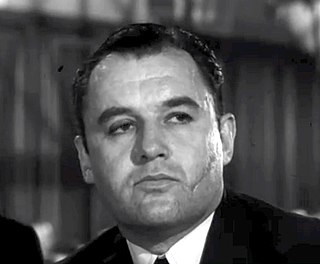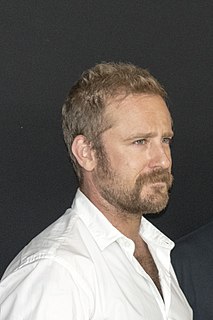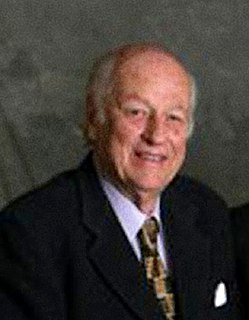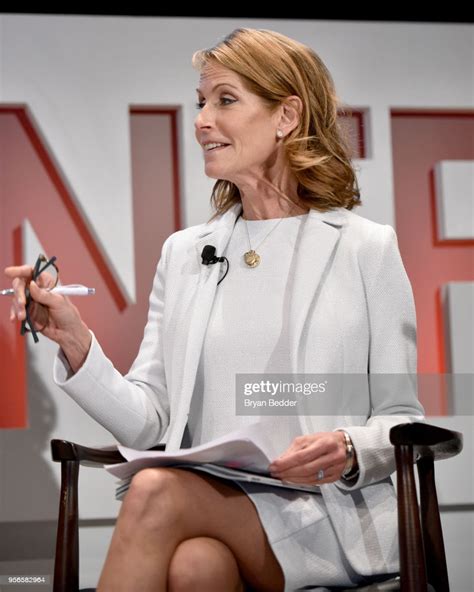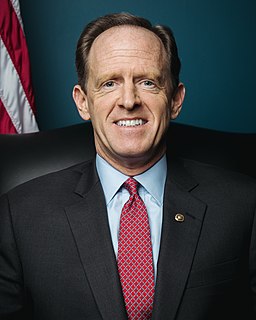A Quote by Rod Steiger
Film acting would be about 80 percent better than it has been lately if actors did their homework, if they didn't have egos that took the size of their talent for granted.
Related Quotes
Economists often talk about the 80/20 Principle, which is the idea that in any situation roughly 80 percent of the “work” will be done by 20 percent of the participants. In most societies, 20 percent of criminals commit 80 percent of crimes. Twenty percent of motorists cause 80 percent of all accidents. Twenty percent of beer drinkers drink 80 percent of all beer. When it comes to epidemics, though, this disproportionality becomes even more extreme: a tiny percentage of people do the majority of the work.
We've turned film into such an industry that we pursue naturalism just by shaking the camera and cutting the film to ribbons to provoke a bogus sense of documentary. But we haven't done the homework. To push the depth that the Actor's Studio did or the Russian theatres did with their actors is to rehearse, to spend time, to dig, to excavate.
Even in areas like the most depressed region of India in terms of female education, namely Rajasthan, which has [one of] the lowest female literacy [rates] in India. Even there, 80 to 90 percent of the parents would like their girls to go to school. And indeed, about 80 percent would like them to be made compulsory.
We did decide that every addict in this film, Warning: This Drug May Kill You, would be someone who started out with a prescription for an opioid from a doctor. The story that hadn't been told is that the vast majority - somewhere around 80 percent - of current heroin users began with an addiction to prescription opioids. So as much as people might want to look at this and say, 'Oh this is really a heroin problem,' yes, it is a heroin problem, and no one is saying differently, but it starts more often than not with a prescription.
